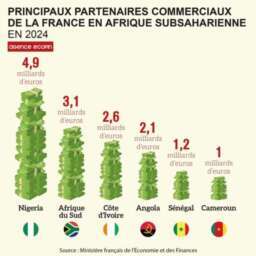(Business in Cameroon) – Key Highlights
- Draft law mandates local cession of insurance premiums and reinsurance contracts.
- Cameroon loses CFA45 billion annually through foreign reinsurance, totaling CFA119 billion since 2019.
- Bill seeks to strengthen domestic insurance capacity and retain capital in the local economy.
Cameroon’s government submitted a draft law to Parliament on June 20 requiring insurance companies to cede part of their premiums and reinsurance contracts to local entities.
The bill mandates that insurers transfer a fixed share of premiums to either a government agency or a public reinsurance firm, creating a two-tier coverage system to guarantee claim payments.
Authorities say the move is aimed at reducing reliance on foreign reinsurance, which drains about CFA45 billion ($74 million) in foreign currency each year. Between 2019 and 2023, the total outflow reached CFA119 billion, according to official estimates.
Cameroon is the second-largest insurance market in the CIMA zone, the regional bloc overseeing insurance regulation in West and Central Africa. The government says the reform will help retain insurance-generated savings within the country and redirect them toward domestic economic development.
The bill contains 28 articles aimed at tightening regulatory oversight, limiting currency flight, and boosting national financial resilience.
If passed, the law will mark a significant shift in how insurers manage risk, encouraging local reinsurance capacity-building in a market still heavily dependent on foreign players.
This article was initially published in French by Ludovic Amara
Edited in English by Ange Jason Quenum



































